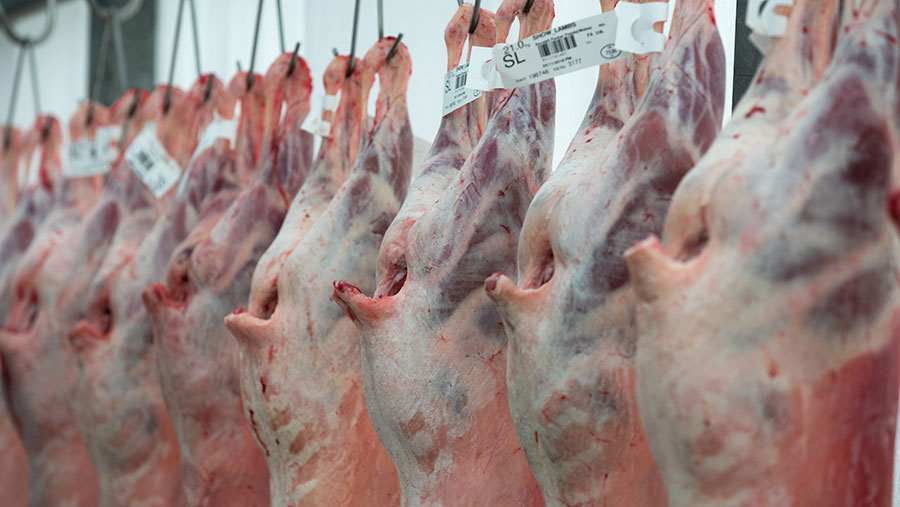Tighter trade rules for meat moving to Northern Ireland
 © Tim Scrivener
© Tim Scrivener New restrictions on the movements of meat products between Great Britain and Northern Ireland will come at a cost for the meat sector, according to the British Meat Processors Association (BMPA).
From 15 January 2024, products of animal origin will no longer be able to be exported as freely to Northern Ireland, with new rules being imposed on triangular trade.
Triangular trade refers to products that have been imported from another country into Great Britain before then being exported to a final destination.
See also: Time to clamp down on personal food imports, says Scots government
The Animal and Plant Health Agency (Apha) has released updated guidance, stating that products that have been imported from third countries – such as New Zealand into Great Britain – will no longer be able to be exported to Northern Ireland, except in certain circumstances.
An exception is if the product is processed in some way, such as being cooked, heated, dried, or marinated before being exported from Great Britain.
Meat products will risk being refused entry at EU border control posts if they do not adhere to the new rules.
The BMPA has spoken out against the new restrictions, saying that this will have real-world ramifications for UK companies.
It said: “Losing the flexibility to move product between processing plants forces them to have to rejig their staffing and plant capacity.
“It will likely rob jobs and production from Northern Ireland and require expansion somewhere on the mainland, all of which costs money and adds to food price inflation.
“These extra layers of rules and bureaucracy only serve to add cost to businesses that already run on wafer-thin margins. It prevents them from operating in the most commercially efficient and productive way.”
